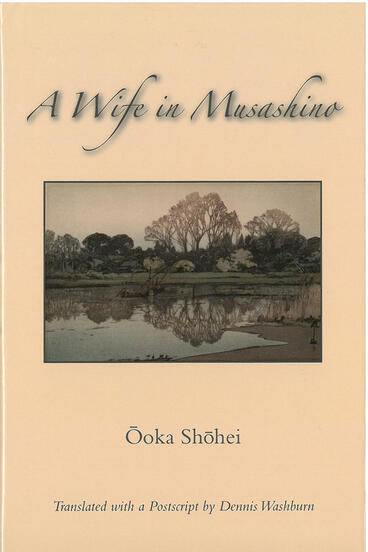A Wife in Musashino
A rich and subtle portrait of postwar Japanese family and social life
Description
A Wife in Musashino, published in 1950, was a major critical and commercial success and was quickly adapted to the screen by the director Mizoguchi Kenji in 1951. Composed simultaneously with portions of Ōoka’s great war novel Fires on the Plain, A Wife in Musashino recounts the story of the ill-fated love between a young demobilized soldier, Tsutomu, and his married cousin, Michiko. The impact on Ōoka of French writers such as Stendhal and Radiguet is apparent not only in his finely detailed observations of human emotions, but also in his trenchant critique of social customs and conventions. The novel’s depiction of the motivations and circumstances of its characters and its subtle portrait of class conflict and family tensions bring the tumultuous Japanese postwar period to life, revealing with rich insight the impact of the war on Japanese society and on individual lives.
Ōoka Shōhei was one of the most distinctive literary voices of Japan’s postwar era. A prolific writer who received numerous awards, he also was an active translator of French literature and was recognized as an important critic and editor. Ōoka is be
Reviews
"A compelling story, an excellent translation, and an engaging central problem make the appearance in English of A Wife in Musashino a welcome event. It is easy to see why Ôoka Shôhei was, and remains, a highly regarded voice of his age."—Erik R. Lofgren, World Literature in Review

